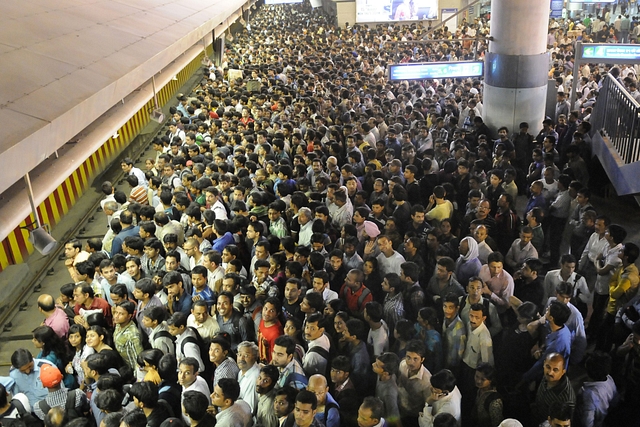
How We Compiled The Right Manifesto
What happens when domain experts, scholars, and corporate leaders are asked to come up with a manifesto each for their respective areas of expertise?
Narendra Modi has done enough to deserve a second shot as Prime Minister of India (Read R Jagannathan’s endorsement in this issue). Nonetheless, given India’s challenges, there is much ground that still needs to be covered.
There are many fronts on which Modi could’ve and should’ve accomplished a lot more. What precisely? To answer this question, we reached out to experts of different domains. Their views are what follow in this section that we call ‘The Right Manifesto’.
Professor Bharat Karnad, considered a foreign policy and national security hawk, lays out his strategic vision which he thinks will help realise India its goal of becoming a great power. His recommendation to make Pakistan more dependent on India's economy through grants and trade agreements is unlikely to go down well with Modi's core support base especially in the current environment. However, Karnad reasons that India must dedicate its energy and resources in containing the bigger adversary, China. "Focus on tackling the cat rather than its paw" is how he puts it.
Our contributing editor and expert on matters nuclear, Jaideep Prabhu lists out five recommendations for a comprehensive energy policy, and yes, it is all about nuclear power. While he welcomes any move away from fossils, he is critical of Modi's obsession with renewables, especially solar. According to him, if India is to have ample (and clean) energy to meet its aspirations of high growth, it cannot afford not to get bullish on nuclear.
Supreme Court lawyer J Sai Deepak exhorts the Indian government to work on war footing to put an end to illegal immigration otherwise "Bharat, even as we know it, shall cease to exist irreversibly within a generation leading to major societal upheavals to the detriment of Indic communities."
Harsh Gupta and I chart out a comprehensive education manifesto for primary and secondary level. Our article bats for direct cash transfer for students, amending the Right to Education act, overhaul of history textbooks, ending sectarianism in the sector, and much more.
Abhinav Prakash, a perceptive voice on Dalit issues, gives his vision for Dalit capitalism to help the depressed classes in best way possible. He advocates for a rule-based capitalist economy because "nothing disables caste discrimination against Dalits like Dalit entrepreneurs making it big."
Sivakumar Surampudi, Divisional Chief Executive of the Agri Business Division at ITC, outlines his three-pronged strategy to raise farmer incomes substantially and sustainably, kick off an entirely new sector in the form of agri services, and make India food and nutrition secure.
The word ‘manifesto’ is believed to be derived from the Latin ‘manifest’, meaning, ‘make public’. In the following few pages, experts of various fields make public their views on the agendas a new Union government should ideally be following. So head straight, and take a right.
The following stories in the March issue fall under this section:
- Education: One Manifesto Above All
- Time For India To Break Free
- Agenda For Dalit Capitalism
- The Right Manifesto For Agriculture: Green Solution(S)
- The Right Manifesto For Energy: Choice Between Nuclear And Nuclear
- Resisting The Silent Invasion
-The Hindutva Manifesto